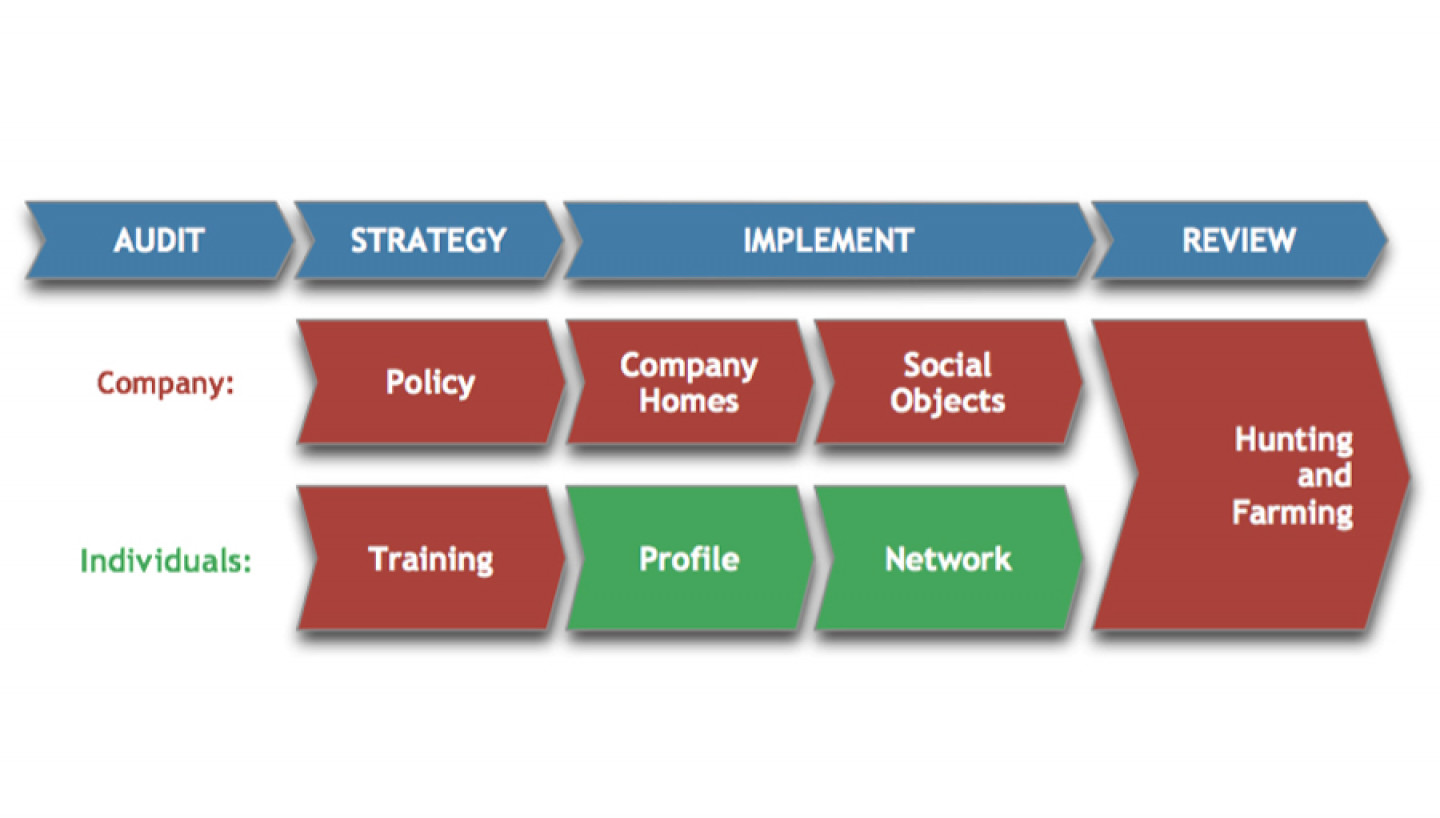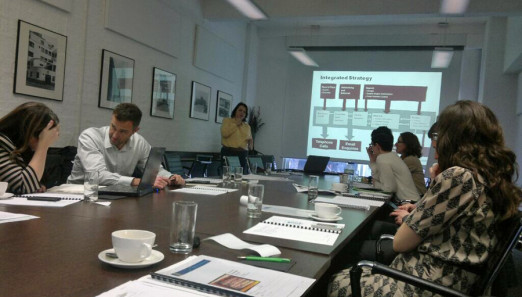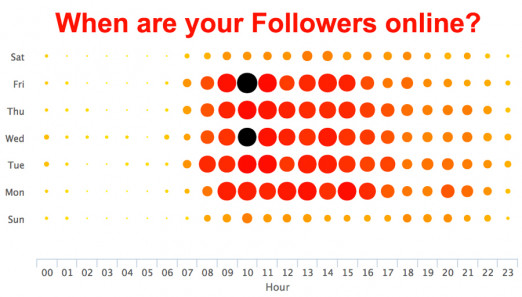The Building Centre has teamed up with Su Butcher to deliver a series of construction related social media marketing workshops. In this guest blog post, Su gives us a sneak-peek of the sort of thing she’ll be covering with her four reasons you need a social media strategy! Over to Su…
Construction companies are increasingly using social media. You’ll see Twitter, Linkedin and Facebook logos on many company websites, and you’ll find your colleagues and employees using Twitter, Instagram or Linkedin on their smartphones. Why? What is Social Media, and why do we need it? More importantly, can it be used to generate business, or is it just a timewasting fad?
Here are four reasons why social media is important, and why developing a strategy for social media is an essential element of any attempt to market, grow and promote a business today.
1. Marketing is everything we do everywhere
When you last wanted to know something, where did you go? Probably Google was your first port of call, followed close behind by someone you know and trust.
In the past, we would create marketing materials, and give these to the people we met. But now many of these documents go in the bin and don’t even find their way onto a shelf, never mind into the project. Today we have online search, where specifiers can find up to date construction information, without having to wait for delivery or even make a phone call.
When people search they can find all sorts of things, all over the internet. For this reason alone, when people are looking for what you’ve got to offer as a company, there are two things you need to be today:
- Be found more easily online
- Be recommended by others.
Social media is comprised of two things: Conversations and Publishing. The conversations enable people to recommend us online, and publishing gives them tools to help do this.
We need to publish the right things online and we need to talk about them, and for other people to talk about them. Developing a social media strategy will help you decide what to do and where for the best effect.
2. PR is everything everyone thinks about you
Once we think about being recommended by others, we have to think about public relations. People are talking about you on the internet, so being in the trade press, whilst useful, can be completely undermined by social media. We’ve always talked about you of course, but now people can find those conversations through search, so they are much more powerful. Conversations on the internet have the potential to spread like wildfire.
We must listen to what people are saying online. Not just the bad things – so we can respond appropriately, limit damage, put things right and help people move on. But also the good things. After all, what better intelligence than from the horse’s mouth? Find out what our customers are saying about us online. Help them recommend us to their online contacts, and find out what people want, by listening directly to what they say.
A social media strategy can help you listen. It can also help you capitalise on events, support your advocates and amplify the traditional ways we generate business. A social media strategy can help you be seen as the vibrant, valuable company you are, not just a silent monolith.
3. You can’t own what happens anymore
If you’ve ever set up a Linkedin Group or a Facebook Page and seen no-one turn up, you’ll know what I mean here. Getting people to turn up can be terribly difficult when you can’t make them do what you want. Conversely, you might also have seen a marketing campaign by one of the large brands go spectacularly wrong, so much so it ends up on the TV news, purely because a company forgot that they couldn’t control social media.
When we published all our own materials, and liaised with the press to manage what was published about us, we were able to control the conversations about our products and services. But if we try and manage online activity in the same way, we are bound to fail.
Whether we do something or nothing, conversations still happen. We can’t control them, but we can influence them.
Today our prospects are making their own content, and having the conversations they want to have, on the platforms they choose, when they like. We can’t ignore this, indeed it’s a huge opportunity. We need to understand why they are doing it, where they are and what they are doing, if we’re going to get them involved. A social media strategy will help us choose the right places to go, and the right things to do there.
4. Your agency can’t do social media
Coming back to the first question, after we’ve exhausted google, most of us will then turn to our trusted contacts for advice. The trusted contact might be a technical specialist, or the person who delivered a CPD seminar, or the person in the next practice who I remember used to know how to do it. But they certainly aren’t going to be someone from your marketing agency. I’m not going to want to talk to them!
If we ask our marketing agency to do social media they’ll act like a corporate – which is fine, but people want to talk to people, those with human faces, and those who know the facts, not the marketing messages.
So your agency can’t do social media; your people need to do it.
What a specialist can do, is help you set out a strategy to make this happen, in a way that doesn’t waste time and money, but instead saves your people time in their work, and also makes you money. That’s what a social media strategy should be and is for many – a strategy that helps us do business better.
If you’re not getting results with social media, or don’t know where to start, perhaps you need a social media strategy?
Su Butcher
 Su Butcher works with construction companies to enable them to integrate social tools and other Internet activity for business benefits. Trained in Architecture at the University of Liverpool, she has extensive experience working with architects in business. Su is currently working with The Building Centre to deliver a series of Training Workshops from February 2014.
Su Butcher works with construction companies to enable them to integrate social tools and other Internet activity for business benefits. Trained in Architecture at the University of Liverpool, she has extensive experience working with architects in business. Su is currently working with The Building Centre to deliver a series of Training Workshops from February 2014.




.jpg)